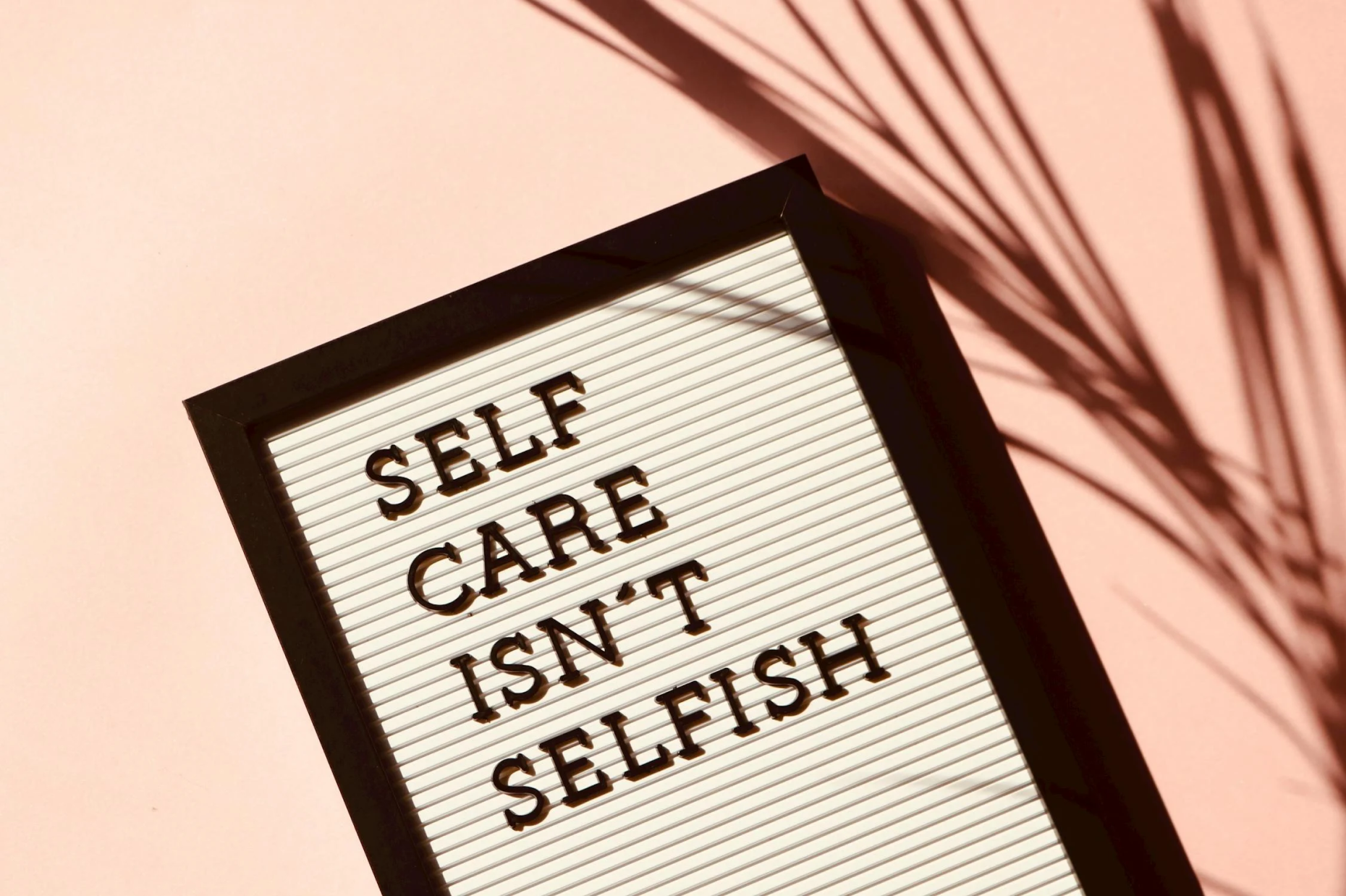Parent self-care/self-regulation

Here you will find answers to the following questions:
- What is self-care?
- Why is self-care important?
- Self-care tips for parents
What is self-care?

Why is self-care important?
Although it can oftentimes be overlooked, self-care is of great importance to improve one’s mood and prevent burnout. It is essential to listen to your body and develop an understanding of the fact that taking care yourself is neither selfish nor self-absorbed. Therefore, prioritizing self-care is a must, not just a luxury.
Especially when you have a lot on your mind, it might seem easy to sacrifice time for yourself. However, when you are at your best, it becomes easier to thrive as a parent and not only meet your own needs but also your family responsibilities. Otherwise, a lack of self-care might create a downward spiral. When you are not caring for yourself, it can lead to you feeling stressed out or overwhelmed, which makes it tougher to be an empathetic and patient parent. Remind yourself that “You can’t pour from an empty cup.”
On top of that, the best way to teach your self-care is to model it yourself. in this context, self-care can have the same effects in maintaining your child’s mental and physical health as it does for you. On top of that, self-care can teach children how to react to challenging situations. Besides, it is shown to improve empathy development.
Self-care tips for parents
Self-care activities can range from going for a walk, reading a good book, to having a conversation with a friend. There is not one “correct” or “better” way to implement self-care, instead think about any simple activity that might provide you with energy and decide on what works best for you.
Self-care does not just happen, it needs to be actively planned. You can add your plan to your calendar, hold yourself accountable by speaking to others about these activities and keep your eyes open for opportunities to incorporate self-care in your daily life.
It is essential to set aside a little bit of time for self-care even when you feel like you don’t have a single second to devote to yourself.
Try to view rest as a necessity to maintain your well-being. Resting can include simple steps just as…
- enjoying a cup of coffee or tea
- listening to your favorite music (e.g. when getting ready for the day)
- mediating for 5 minutes
- engaging your senses (e.g. by lightening a scented candle, taking a hot bath or drinking a herbal tea)
- doing a quick breathing exercise
- caving out a few minutes to be alone
- limiting the time, you spend on your phone or on social media
- spending less time checking your devices or e-mails
- going out for a walk, enjoying the outdoors, spending time in your garden and getting some fresh air
- checking something off your to-do list that has been bothering you and that can be seen as a small accomplishment
- treating yourself by spending a little money and time on yourself
- savoring the moment

Establishing new habits might be difficult at first. Try prioritizing self-care activities if you want self-care to become a regular part of your daily life.
The following list provides you with further suggestions on how to better include self-care in your daily life:
- Try creating a working routine for you as much as possible.
- Try making self-care a part of that daily routine and really scheduling it.
- Try implementing an activity you enjoy doing or find meaningful every day.
- Before going to bed make a list of all the positive things that happened that day or write down three things you are grateful for. Such a list might include simple things, like a sunny day, or bigger things, like being able to go on vacation.
- Try reminding yourself daily to let go of the things you cannot control.
- Try taking regular and frequent breaks throughout the day.
- Try taking up an old hobby or starting a new one.
- Try having regular social interactions.
- Try making room for talking to friends, colleagues, or family about your feelings.
- Try to get at least seven hours of sleep, to eat well and to incorporate movement into your day (just 30 minutes of movement a day can have a huge, positive impact on your wellbeing).
- Try avoiding the overuse of substances which temporarily affect and change your mood or energy level like caffeine, nicotine, or alcohol.